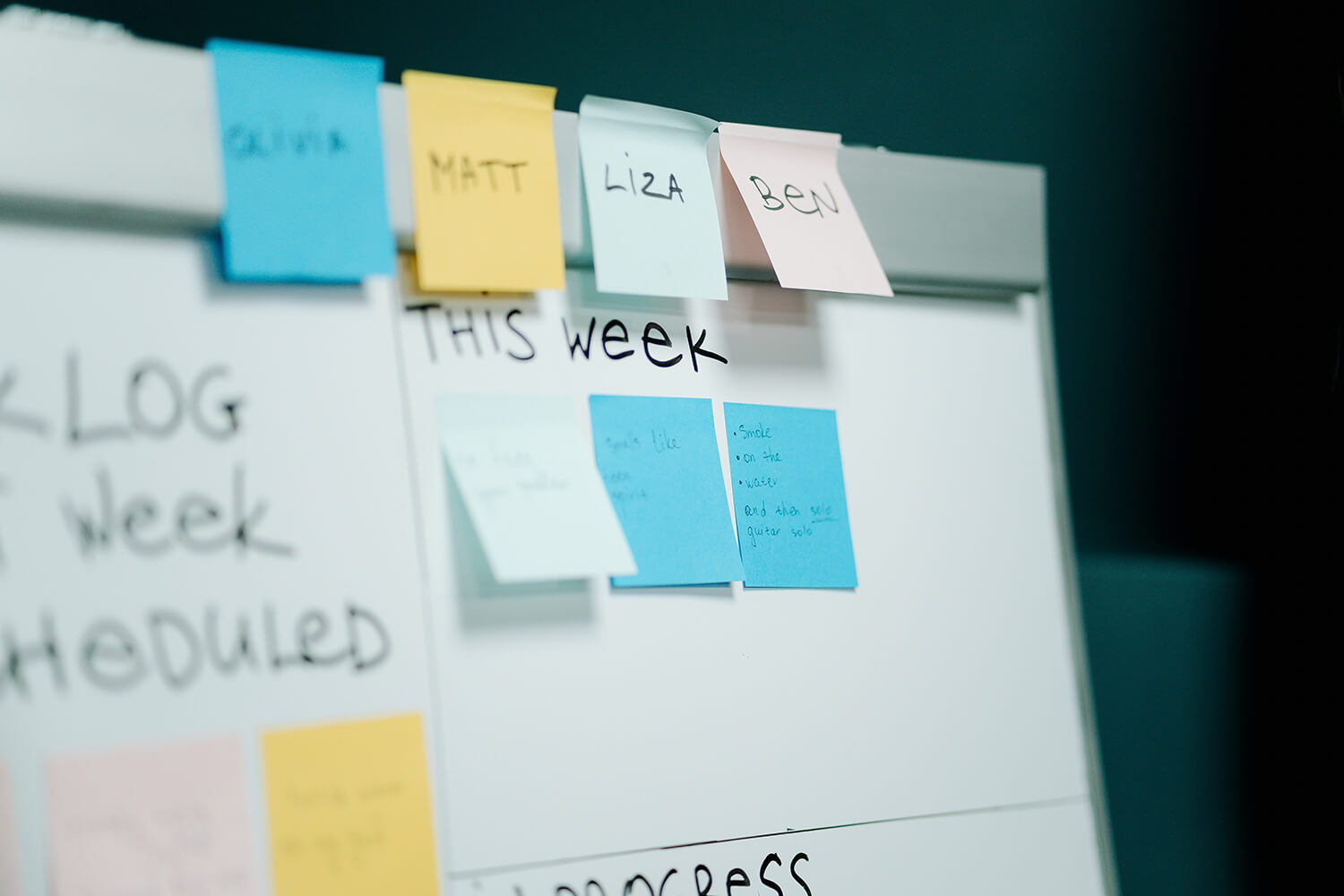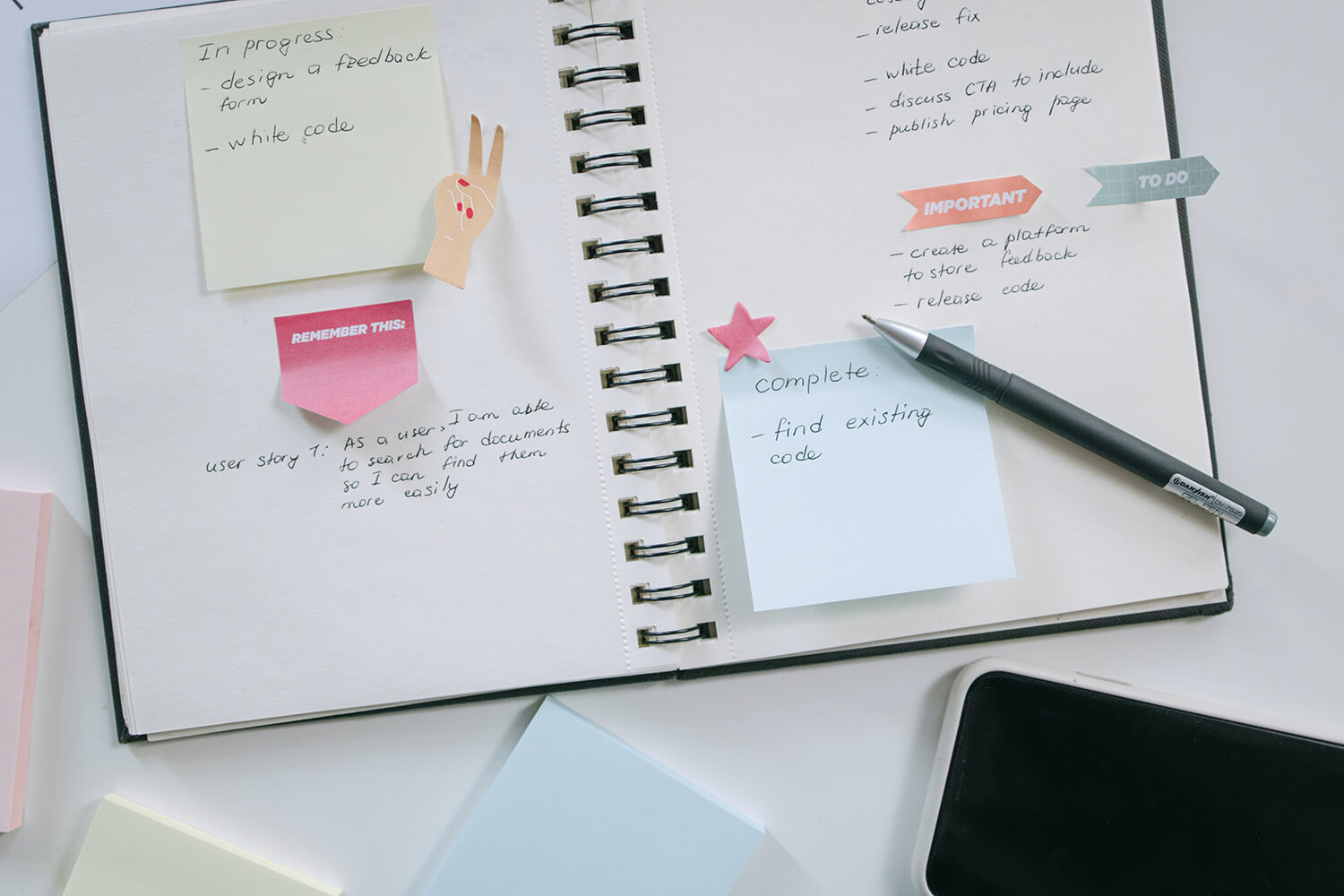test anxiety
What is test anxiety?
Anxiety itself is a reaction of our organism to a threatening situation in forms of excitement, palpitations, nausea, or sweating, among other things. If this anxiety relates to a performance or examination situation, it is referred to as examination anxiety or social assessment anxiety.
In principle, excitement, nervousness, or fear before an examination are normal and can even serve to promote performance to a certain extent. However, if the fear impairs performance or leads to suffering for the person concerned, it can become a serious problem.
If the fear of the performance situation becomes too big, it can lead to mental blocks or blackouts during the exam. This fear can also lead to psychosomatic problems such as insomnia, eating disorders, nausea, gastrointestinal problems, heart palpitations, sweating and the like, or it can severely impair the learning process.


Where does test anxiety come from?
Exam nerves are mainly caused by fear of the consequences of failure, such as ridicule, loss of status or loss of face, rather than the fear of failure itself. Those affected are afraid of embarrassing themselves, being laughed at or rejected. Exam nerves can have different causes. For example, too high expectations, self-doubt, negative previous experiences, stories told by third parties or external pressure can all contribute to lacing fears.
For many of those affected, the fear of the consequences of failure or failure itself develops a momentum of its own that often can no longer be controlled. This can lead to learning becoming increasingly difficult and learning performance and preparation for exams suffering greatly. Based on this, in most cases the fears intensify again. A negative cycle has begun, and you feel that you can no longer cope with the situation.
Let’s Talk About It: Overcome Exam Anxiety
Let’s Talk About It with Dr. Julia Zuber. Many students are familiar with the feeling of exam anxiety. This online talk offers students empathetic and practical guidance on overcoming exam anxiety. Whether you experience occasional nervousness or severe exam anxiety, the talk will provide you with supportive strategies and tips for approaching exams with more calm and confidence.
Coping with exam anxiety – what can I do?
There are various ways to counteract test anxiety:

Improve your study technique
If you don’t have a good overview of the exam material or don’t know it well enough, this can lead to anxiety. Improving your learning technique can help you understand the material better and faster. Learning time management, self-discipline or using a study plan to better organize the exam material can also help.

Set realistic standards
Goodbye perfectionism! If you let go of thoughts of peak performance, you automatically relax. This does not mean, however, that you should no longer make demands on yourself; they should only be realistic and adapted to the circumstances and requirements of the situation. If you also remind yourself of previous successes, your own abilities and strengths, a positive attitude can be reinforced, and anxiety can thus be reduced or even banished altogether.

Pay attention to performance phases
Every person has an individual biorhythm. Based on this rhythm, there are different times of day when you can work at full speed. For example, some people concentrate best in the early morning, while others only get into top form in the afternoon. If you know your own rhythm, you can organize your learning phases accordingly.

Think positively
Sentences such as “I can do it” or “I can solve this task” help you to believe in yourself and go into the exam with good thoughts. This automatically makes you more relaxed and the exam situation less scary.

Prepare properly
Jotting down or underlining something here and there and flicking aimlessly through books hardly helps to build up knowledge. Through proper preparation, it is possible to optimize the learning process. Drawing up a study plan, creating an overview of the subject matter and the time available, as well as dividing up the topics accordingly and planning buffer times can considerably reduce the stress in the study phase and thus the anxiety before the examination.

Incorporate success controls
Success checks help to identify where there is still a need to catch up and what is already well established. Regularly checking your learning success makes you feel more confident. This gives you an overview of which areas of the exam material you have already mastered, and which still need to be intensified.

Practise exam situations
The more familiar the situation, the less anxiety it triggers. This also applies to exams. The more learning checks, sample tests or sample exams are carried out under conditions that are as realistic as possible, the less anxiety there will be in the actual exam situation.

Understand fears and write them down
To overcome fears, it is essential to understand them. It often helps to write down your fears and worries. If you become aware of what exactly you are afraid of or what triggers and/or intensifies this fear, you can deal with it more easily and constructively. Writing things down can also help to reduce stress and clear the mind.

Define requirements
Information on the form of the examination, the assessment criteria, material and examination questions themselves help to better assess the situation. This can reduce the fear of the exam.

Take breaks
Our brain is not endlessly receptive but needs regular breaks in order to stay fit. It is important that you occupy yourself with something other than the subject to be studied during the breaks.

Get support
Many people find it difficult to admit to fears. But talking to other colleagues or getting professional support can help you break out of the vicious circle of exam anxiety.

Mental training and relaxation techniques
Relaxation exercises, breathing techniques, autogenic or mental training and mediation can help before the exam and reduce stress. Some exercises can also be used easily and unobtrusively during the exam. To be able to use the various techniques quickly, they should be practiced and learned regularly beforehand.
Further information and articles on the topic of exam nerves
Psychological student counselling – Learning with success
University of St. Augustine for Health Sciences
10 Tips to Overcome Test Anxiety
College Info Geek
Doing What Matters in Times of Stress
An Illustrated Guide for coping with adversity. The aim is to equip people with practical skills to help cope with stress.
You would like to contact us or tell us something? We are looking forward to reading from you!
You are welcome to send us (Compass-Team) a message anonymously or directly.
-
- If you want to write anonymously, just type the message and send it.
- If you have a personal question and need an answer, please also include your email address!
